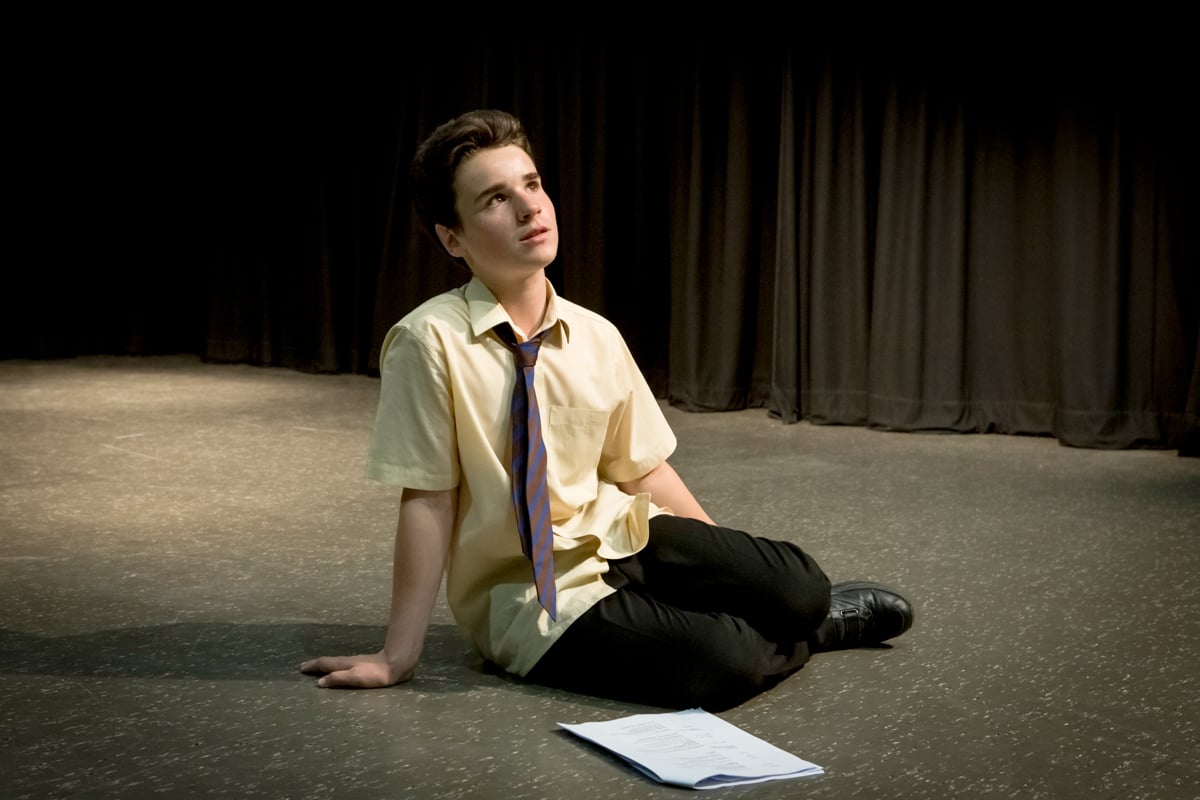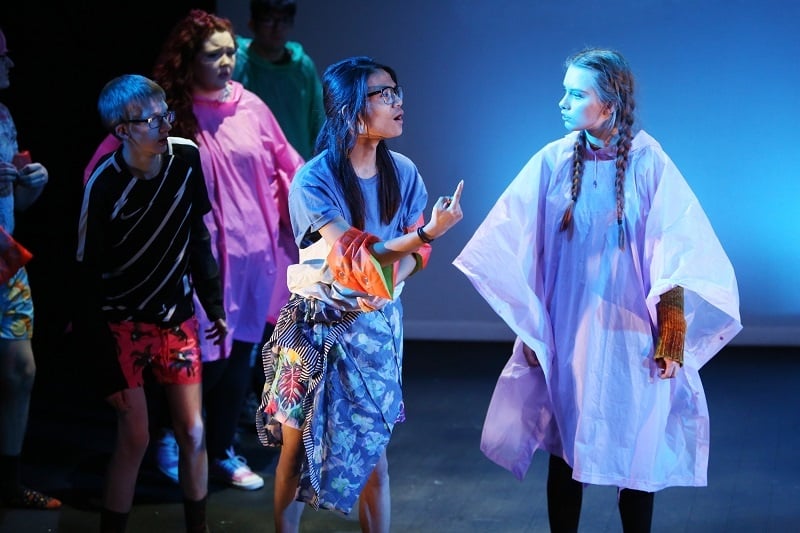
Exploring the Drama Reflection Task
BY: Nicola King
13 September 2023
The Reflection section is an important part of any Trinity Drama exam, and is included across our whole suite of drama exams - Speech & Drama, Musical Theatre, Acting, Performance Arts and Communication Skills - but what is the purpose of this task, and how has it changed with the introduction of our new Drama 2023 syllabus?
The objective of the Reflection Task is to explore candidates’ knowledge about the pieces they have performed and their rehearsal processes. As the grades progress candidates are assessed in increasing depth on their understanding, and at higher grades this will include an understanding of context, style, and audience communication, as well at the candidate’s ability to reflect on their own performance capabilities with maturity.
In the 2023 Drama syllabus the Reflection Task questions, for both face-to-face and digital exams, are now pre-published in the specifications, making the task a more transparent process that will, we hope, encourage teachers and candidates to embed reflection throughout the whole rehearsal period.
In a Face-to-Face exam the examiner will select a specified number of questions to ask the candidate. The examiner will select the questions during the exam and, therefore, the candidate should consider all questions, in relation to their performance pieces, ahead of the exam. In a digital exam the candidate will select a certain number of questions, selecting at least one from each assessment section, to answer during the exam. A teacher/caregiver/another student can ask the candidate the pre-prepared questions to facilitate their response.
Teachers who were familiar with the 2020 specifications will know that at each grade there was a description of what the candidate should be prepared to discuss in the reflection section. For example, meaning and mood, vocal and physical techniques employed etc, and these descriptions are no longer included in the 2023 specifications. However, there is no need to change your approach to teaching in any way, and you can absolutely still include these concepts. Our assessment criteria and attainment descriptors have not changed from the 2020 specifications, and we would encourage teachers to always look at the assessment criteria for each grade so that candidates are covering those areas of developing skills in their responses. Careful thought was given when designing the Reflection questions at each grade to ensure that these topics could still be covered. The new Reflection questions also allow for a wider discussion, and we have given candidates scope to talk more broadly or dig down into a specific specialism used in their learning journey.
We encourage teachers to use the published Reflection questions as part of the learning and rehearsal process. For example, you could set aside 10 minutes at the end of the lesson to discuss one or more of the questions; this could be as group, or perhaps students could do this in pairs. You could encourage your students to make notes that they then look back on before the exam to jog their memory. We recommend open conversations about what works and what doesn’t, as this will allow candidates to be honest about what has happened in the exam and preparation period, identifying and appreciating positive experiences and learning from any challenges. You could also use the questions as a ‘jumping off point’ to encourage students to undertake independent learning and research outside of lesson time.
When preparing for the reflection task, for both Digital and Face-to-Face exams, candidates should keep in mind that this is an opportunity to express their acquired knowledge and understanding of their chosen pieces in an authentic way, rather than through learned responses. Examiners will want to hear clear and personal responses to the Reflection questions, rather than a response that has been overly ‘guided’ by the teacher or perhaps uses language or terms that do not seem to be authentic to the candidate. While responses might vary in length, candidates should aim to make full use of the total time allocated for the task.
Through building reflection into the rehearsal process, rather than leaving it till the end, your candidate will not only be well prepared for this task but should find it to be an enjoyable and rewarding part of the exam experience.
Don’t forget from 1st September 2023 all candidates need to be entered for exams on the 2023 Drama specifications, you can download the specifications here. The Communication Skills specification has not changed and teachers and candidates can continue to use the 2020 edition.


.jpg)

Comments & Replies